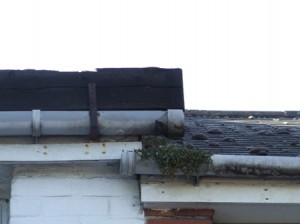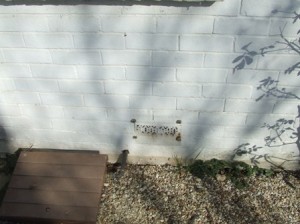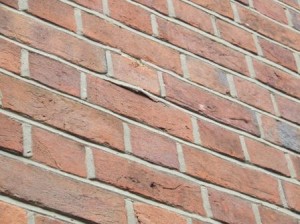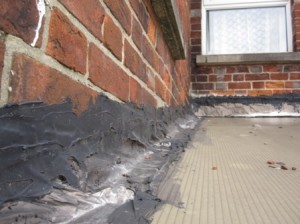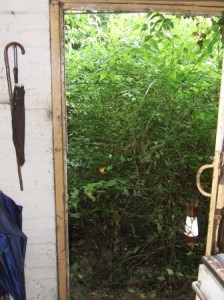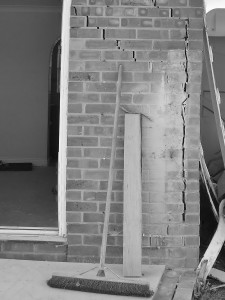 Property investment is expensive. Remedial works for untreated defects can be costly and can affect the saleability of the property. Therefore, it’s important to keep your property in good condition.
Property investment is expensive. Remedial works for untreated defects can be costly and can affect the saleability of the property. Therefore, it’s important to keep your property in good condition.
If you notice a potential problem, don’t leave it, get a professional to make an assessment on your behalf. The cost of a Chartered Building Surveyor’s fee may save you thousands of pounds.
If you’re unsure how serious a building defect may be, seek advice from a Chartered Building Surveyor who can visit, inspect, report and advice you, provide remedial advice and put your mind at ease.
Recently RMA Surveyors Ltd has undertaken Defect Inspections to assess a variety of defects from damp, condensation, dry rot, flooding, cracking in walls, potential subsidence and concerns over construction works to extensions.
When you instruct the services of RMA Surveyors Ltd, a surveyor will attend the property and make a full assessment of the problem. Following this inspection a Defect Report will be written, detailing the specific materials, construction, implications and other associated issues regarding the building defect or defects.
If further advice regarding reinstatement is required we will also be pleased to assist.
For more information, visit the Surveys page or call 01635 579 208.
